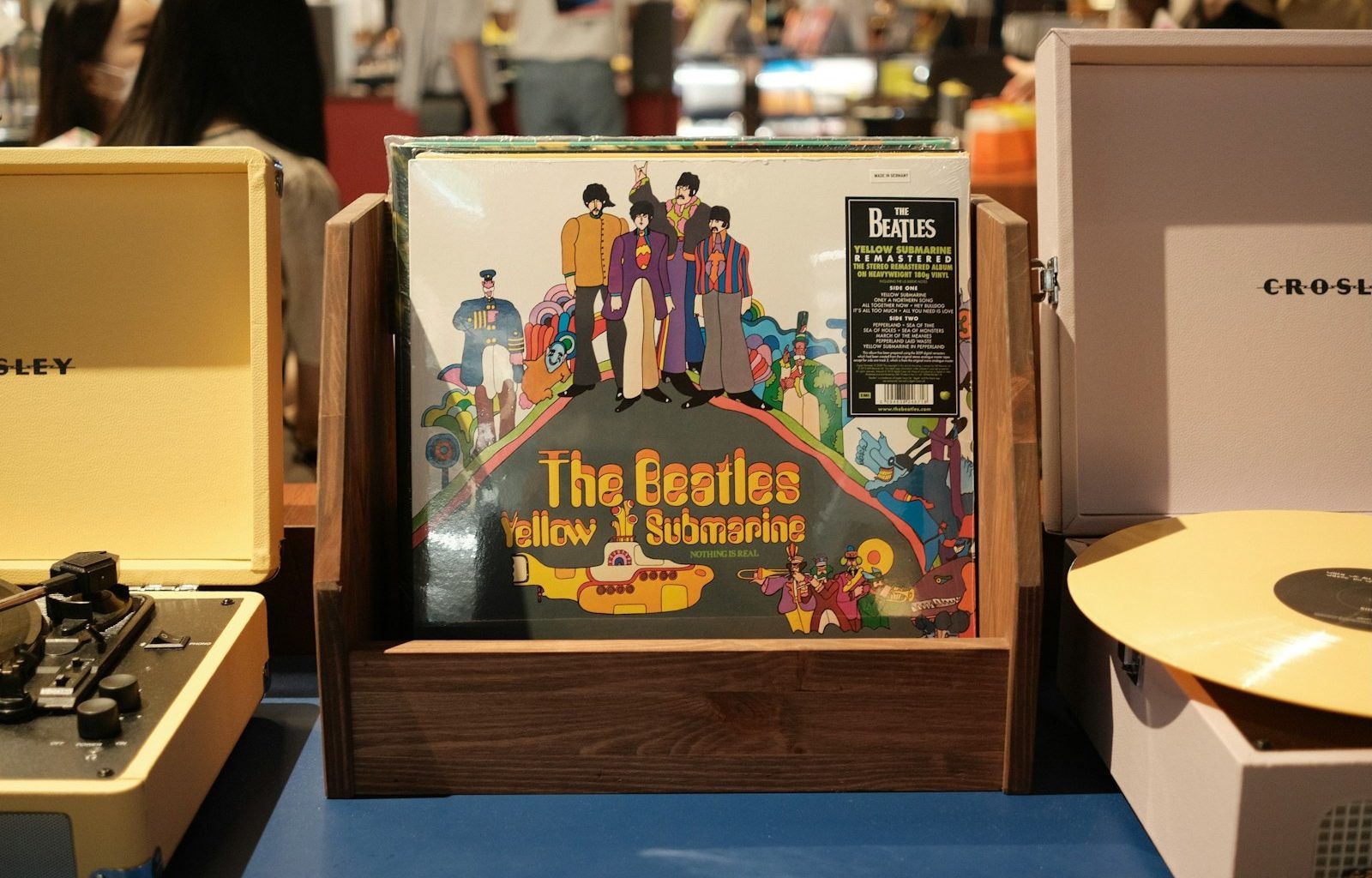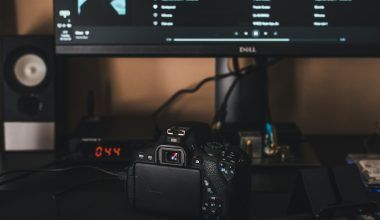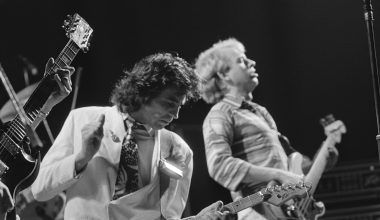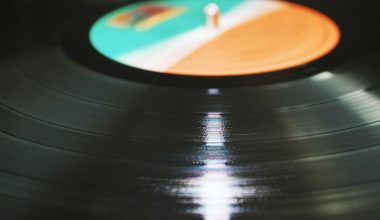If you’re a music lover, you’ve probably come across the terms album ep meaning But what do they actually mean? These two words are often used when talking about music releases, yet many people don’t know the difference. Don’t worry; you’re not alone! By the end of this blog, you’ll have a crystal-clear understanding of what an album and an EP mean.
What Is an Album?
An album is a collection of songs that an artist releases as a single package. Think of it as a musical journey. It usually contains a minimum of 8 to 12 tracks, but this can vary depending on the artist’s creativity. Albums are meant to tell a story, showcase different emotions, or simply provide an extended listening experience.
For example, a typical album might have a mix of upbeat tracks, slower ballads, and maybe even a couple of experimental songs. It’s like a buffet of music where you can try a little bit of everything an artist has to offer.
What Is an EP?
EP stands for “Extended Play.” It’s like a smaller version of an album. While albums often have 10 or more songs, an EP usually contains 3 to 6 tracks. Think of it as a teaser or appetizer—it’s shorter than an album but longer than a single.
EPs are a great way for artists to release music more frequently. Sometimes, musicians use an EP to test the waters before creating a full album. For instance, they might release an EP to gauge audience reactions to new styles or ideas.
Why Do Artists Release Albums and EPs?
Now that you know what albums and EPs are, you might wonder why artists bother to make them. Well, there are several reasons. First, an album allows artists to explore their creativity. It’s their chance to tell a story or share a significant part of their life.
On the other hand, EPs are like stepping stones. They’re great for newer artists who want to make a name for themselves without the pressure of creating a full album. Even established artists release EPs to keep fans engaged between albums.
Albums: A Full Experience
Releasing an album is often considered a milestone in an artist’s career. It’s a complete body of work that fans can dive into. Albums are also a way for artists to leave a legacy. Many iconic albums have shaped the music industry and inspired generations of listeners.
Take, for instance, albums like “Thriller” by Michael Jackson or “Abbey Road” by The Beatles. These aren’t just collections of songs; they’re cultural landmarks.
EPs: Quick and Effective
EPs, on the other hand, are perfect for experimentation. Artists can explore new genres or collaborate with other musicians without the commitment of a full album. Plus, fans love the quick access to fresh music.
For example, an artist might drop an EP to test a new sound or style. If fans love it, they might expand on those ideas in their next album. If not, they can pivot without much risk.
How to Tell the Difference Between an Album and an EP
Sometimes, it can be tricky to tell whether a release is an album or an EP. But don’t worry; there are a few key differences. First, check the number of tracks. If it has fewer than seven songs, it’s likely an EP. If it has more, it’s probably an album.
Length is another factor. Albums usually last 30 minutes or more, while EPs are shorter. However, there’s some overlap, so always check how the artist labels their release.
Synonyms for Album and EP
To keep things fresh, let’s explore some synonyms. Instead of saying “album,” you can use terms like “record,” “long play (LP),” or simply “project.” For EP, you might hear “mini-album” or “extended play record.” These terms all point to the same concept but can vary depending on context.
Why Understanding These Terms Matters
Understanding the meaning of album and EP can enrich your music experience. When you know the difference, you can better appreciate an artist’s work. It also helps when you’re discussing music with friends or exploring new releases online.
For instance, if your favorite artist announces an EP, you’ll know it’s a smaller project that might explore new ideas. If they drop an album, you can expect a more comprehensive experience.
The Evolution of Albums and EPs
The way artists release music has changed a lot over the years. In the past, albums were the primary way to share music. But with the rise of digital platforms, EPs have gained popularity. Today, artists can release music in whatever format they choose, giving them more freedom and flexibility.
What About Singles?
While we’re on the topic, let’s not forget about singles. A single is just one song released on its own. It’s like a snapshot of what an artist is working on. Singles are often used to promote an upcoming album or EP.
How Streaming Platforms Impact Albums and EPs
Streaming services like Spotify and Apple Music have changed how we listen to music. On these platforms, the line between albums, EPs, and singles can blur. Some artists even release “playlists” as a new form of album.
The Role of Playlists
Playlists have become a popular way for artists to share music. They’re not quite albums or EPs but serve a similar purpose. Think of them as curated collections of songs, often tied to a theme or mood.
Final Thoughts
Understanding the album ep meaning can deepen your appreciation for music. Whether it’s a full-length album, a bite-sized EP, or even a single, each format offers something unique. So, next time you discover new music, take a moment to think about the artist’s intention behind the release.
For further reading, explore these related articles:
- How to Add Lyrics to a Video: A Super Simple Guide
- Sync Movie Review: A Journey into the World of Technology and Emotions
For additional resources on music marketing and distribution, visit Deliver My Tune.






